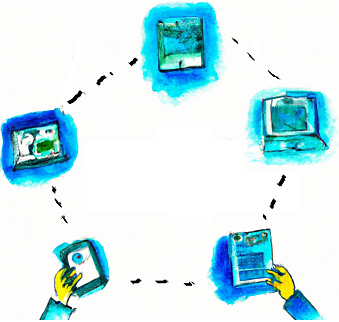Clearly Define the Problem and Verification: It's essential to have a detailed design and create prototypes for testing your ideas before writing a statement of work. The outsourcing partner mainly contributes in terms of usability and maintainability, i.e. they should convert the proof of concept that can barely be used by experts to a product that can easily be used by normal people.
Identify Reliable Partners: This is arguably the most challenging step. In the software world, many claim expertise – after all, it's just coding, right? However, the ideal scenario is knowing firsthand that the team or individuals you're considering are truly capable of handling the project. If you are not sure, starting with small scale (~1 week) discovery projects (free of charge) will be helpful.
Manage Budgetary Constraints: As costs rise, so does the bureaucracy and the number of required approvals. One effective way to control cost is to narrow the project's scope and build on top of open source. While it's imperative to obtain the source code from your partner, consider handling documentation, formal verification and maintenance internally.
By adhering to these guidelines, you maintain control over the project and its future maintenance. You also gain access to top-tier talent that might not otherwise join your team, all while potentially reducing costs compared to in-house development.





